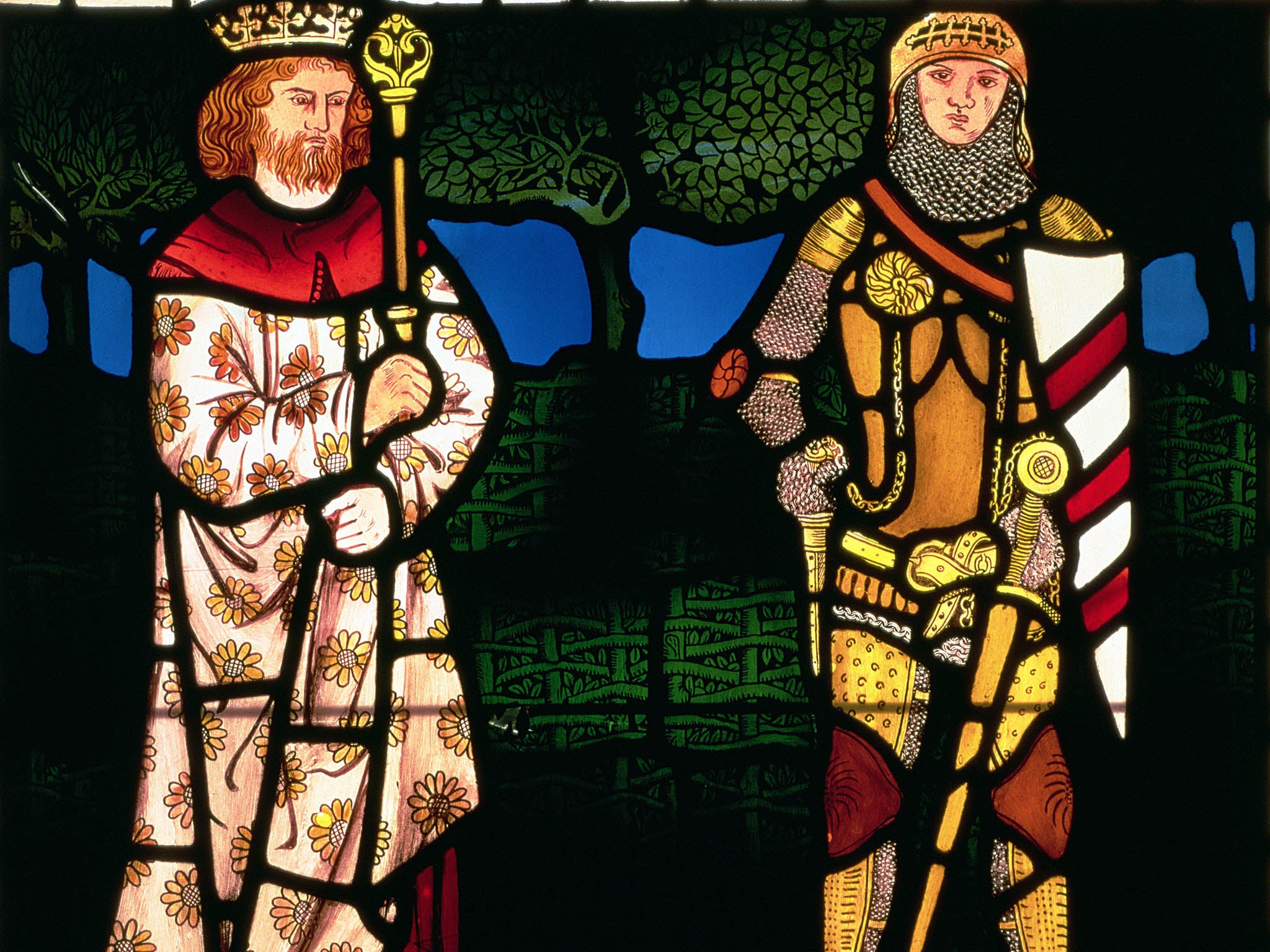Grevel Lindop, Charles Williams: The Third Inkling: 'Oxford's other fantasy figure' - book review
A beautifully written biography sheds light on CS Lewis and Tolkien’s fellow Inkling

Your support helps us to tell the story
From reproductive rights to climate change to Big Tech, The Independent is on the ground when the story is developing. Whether it's investigating the financials of Elon Musk's pro-Trump PAC or producing our latest documentary, 'The A Word', which shines a light on the American women fighting for reproductive rights, we know how important it is to parse out the facts from the messaging.
At such a critical moment in US history, we need reporters on the ground. Your donation allows us to keep sending journalists to speak to both sides of the story.
The Independent is trusted by Americans across the entire political spectrum. And unlike many other quality news outlets, we choose not to lock Americans out of our reporting and analysis with paywalls. We believe quality journalism should be available to everyone, paid for by those who can afford it.
Your support makes all the difference.The fantasy fiction of CS Lewis and JRR Tolkien has achieved lasting popularity. But the social texture of the Oxford circle in which the two dusty dons created their now classic imaginary worlds is less well known. Charles Williams, a fellow member of their reading group the Inklings, also wrote a vast, but now largely unread, fantasy oeuvre, which features Arthuriana, talking animals and incessant spiritual allegory. He was a distinctly rum cove.
Born in Holloway in 1886, into a family on the lowest rung of shabby gentility, Williams was an autodidact, whose cockney twang always contrasted with the Oxford accents of the men who later became his literary confrères.
As a child, he created a fantasy kingdom, Silvania, to provide much-needed escapism, both from poverty and from physical frailty. Measles had left him with permanently damaged eyesight, resulting in his “visionary” sensibility, while cheap, contaminated milk gave him the intestinal tuberculosis that ultimately killed him.
Unable to afford the fees for University College London, Williams took a job packing books, though he rose through force of personality to become an editor at Oxford University Press and later a lecturer in English at Oxford University itself, despite the fact that he had no degree. In 1940, he arrived to give his first lecture flanked by Lewis and Tolkien. Its subject was the “sage and serious doctrine of virginity” as outlined in Milton’s masque Comus. It was a triumph.
That Williams was able to sell celibacy to a rapt audience of 18 to 21 year olds is a testimony to his extraordinary charisma. The fact that he was just emerging from a tortured 14-year extra-marital affair, which was erotically played out through the canings he dealt his mistress, was not something he shared with his fellow Inklings.
Like Lewis and Tolkien, Williams was a professed Christian, but his religion took a mystical, esoteric form, which fed his interest in ritual sado-masochism. In 1915, he was initiated into the Fellowship of the Rosy Cross, a splinter group derived from the Order of the Golden Dawn, to which he may also have belonged. He was a secretive man who compartmentalised his life, and sought power where he could, becoming a self-styled guru to numerous female disciples.
CS Lewis was sure that it did not “ever do a young woman anything but immense good to be attracted by Charles Williams”. This book suggests otherwise. Blinded by his promises of spiritual enlightenment, and tangled in the attempt to understand his magical concepts intellectually, the girls called him their lord and let him discipline them with a ruler.
One of his techniques for seeking control was to give them new names. Lois Lang-Sims, aged 26 to his 50-odd, was rechristened “Lalage the slave girl”. She soon rejected his patronage, even though he read out her essay on Milton to the Inklings. When she later saw him by chance in the street he blushed to the roots of his hair.
Given its subject’s fear of being found out, this beautifully written and carefully researched biography is the product of impressive detective work. Grevel Lindop concludes that his subject was no cynic. If Charles Williams truly believed in his own mystical mumbo jumbo that only makes his story the more tragic.
Charles Williams: The Third Inkling, by Grevel Lindop (OUP, £25) Order at £21.25 inc. p&p from the Independent Bookshop
Join our commenting forum
Join thought-provoking conversations, follow other Independent readers and see their replies
Comments